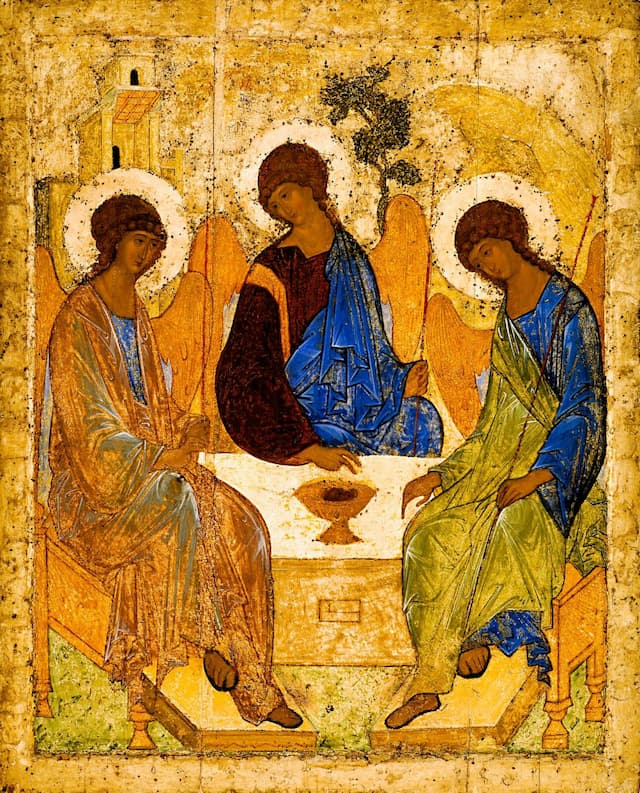Simon Ponsonby and His Butcher Sermon | Dreaming Beneath the Spires
“
Gustav Caillebotte
Simon Ponsonby’s Butcher Sermon
Sunday 6th June.
Here was the text, James 3.
1Not many of you should presume to be teachers, my brothers, because you know that we who teach will be judged more strictly.2We all stumble in many ways. If anyone is never at fault in what he says, he is a perfect man, able to keep his whole body in check.
3When we put bits into the mouths of horses to make them obey us, we can turn the whole animal. 4Or take ships as an example. Although they are so large and are driven by strong winds, they are steered by a very small rudder wherever the pilot wants to go. 5Likewise the tongue is a small part of the body, but it makes great boasts. Consider what a great forest is set on fire by a small spark. 6The tongue also is a fire, a world of evil among the parts of the body. It corrupts the whole person, sets the whole course of his life on fire, and is itself set on fire by hell.
7All kinds of animals, birds, reptiles and creatures of the sea are being tamed and have been tamed by man, 8but no man can tame the tongue. It is a restless evil, full of deadly poison.
9With the tongue we praise our Lord and Father, and with it we curse men, who have been made in God’s likeness. 10Out of the same mouth come praise and cursing. My brothers, this should not be. 11Can both fresh water and salta]”>[a] water flow from the same spring? 12My brothers, can a fig tree bear olives, or a grapevine bear figs? Neither can a salt spring produce fresh water.
Just before the reading, a shy, sweet and pretty young woman I haven’t seen before came up to give a prophetic picture she had received. It was odd, a lion with a heart in its mouth. Embarrassed, she guessed at an interpretation (but no interpretation can match the power of an image or metaphor.)
Simon Ponsonby was so overcome by this that he felt unable to preach his sermon, which, ominously for anyone foolhardy enough to pick the passage, began with “Not many of you should presume to be teachers, my brothers, because you know that we who teach will be judged more strictly.”
He preached with great authority, sincerity, rhetorical power–and wow! (to go with the above)–brevity. He was a butcher, he said, and went on to prove it.
Leaning over, he pulled out a massive ox’s tongue, which he lovingly handled, caressing its cartilage, fat and gristle.
An unbeautiful thing, black-streaked. Eee-ooh, the congregation gasped.
Ponsonby said, “You think this is ugly. But this is tongue that has never lied, never cut down someone else, never puffed itself up, never exaggerated, never praised God and then slagged off the vicar!!, never abused, never cursed, never irredeemiably wounded another.”
“From the abundance of the heart, the mouth speaks. Salt springs cannot bring forth fresh water.”
He then went on to the lovely injunction in Col. 4:6 “Let your conversation be always full of grace, seasoned with salt.”
Grace, in the Koine Greek was Charis–gifts, benefits, favours. So, let your speech be full of gifts, benefits, and favours.
And seasoned with salt. Let it be both prudent and savoury.
“Jesus was generous,” Ponsonby said, “when he opened his mouth, gifts came forth.”
He went on to say that we ourselves would be healed and blessed if our tongue spoke blessings.
The whole thing was over in 5 minutes max.
Visibly overcome, he sat down and asked us to use the extra time to reflect and repent in silence on our speech and our hearts.
God willing, Simon Ponsonby’s multi-sensory sermon will stay with us for a while.
May it be so, Lord.











